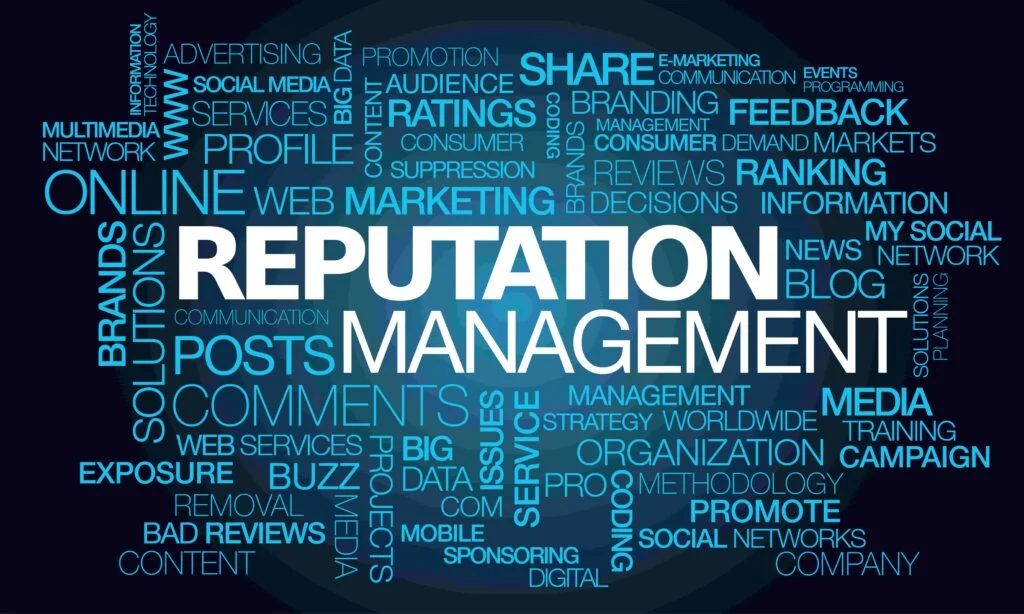When the business makes its presence felt online with the help of the website, it becomes necessary to maintain a good reputation online. Otherwise, the business will not be able to get traffic on the website and increase its sales.
Digital marketing will be able to give fruitful results only if the business has a great online reputation. So, the management of online reputation is extremely important.
Today we will discuss its various aspects and its impact on digital marketing. Let us have a look:
Online Reputation Management (ORM):
Online reputation management (ORM) is concerned with maintaining a positive online image of the company or individual. Whenever the business is searched online or any references to the business are given on social, they should present a positive image of the business to the public.
For this purpose monitoring of online content is required to remove misleading content, upload trending content, and make it visible with the help of various SEO tactics. Apart from this, positive reviews about the company should be appreciated and negative reviews should be handled in an empathetic way.
Impact of ORM on Digital Marketing:
ORM has a significant impact on digital marketing, as a company’s online visibility, brand image, and customer trust depend purely upon this. ORM can impact digital marketing in the following ways:
- SEO Rankings: ORM can decide how the company ranks in search engine results. If the company has positive customer reviews, testimonials, and good and updated content, then all of these things can improve the SEO rankings of the company. As a result, traffic to the website has increased due to good rankings.
- Good Reputation of the Brand: ORM can highlight the company’s strong points, values, and unique selling points which help to build a positive image of the brand. This also helps in getting loyal and long-time customers for the company.
- Improved Customer Engagement: Because of ORM the companies give value to the customers by responding affirmatively to their positive feedback, by handling negative reviews, and by providing answers to the issues timely. If the customers think that they are getting priority, then they will feel valued and their engagement with the company will also increase. The more loyal and happy customers, the better the reputation.
- Crisis Management: A negative online presence can severely damage the online reputation of the company. ORM can help companies to manage any kind of negative publicity and crises in an effective manner. To avoid a negative impact on its brand image and reputation company can address customer concerns and respond well to negative feedback.
Measure Your Online Reputation:
The following metrics should be monitored regularly to measure your online presence:
- Leads or referrals your website gets from review sites, such as Yelp, Google, TripAdvisor, etc.
- Overall views of the customers about the company. The ratings, the number of reviews, and the sentiments of reviews matter a lot.
- The amount of traffic the website is getting from social media platforms and organic searches.
- Analyze the sentiments of online mentions, customer reviews, and feedback to determine the overall sentiment toward the brand. These sentiments include positive sentiments, negative sentiments, and neutral sentiments.
- Analyze the company’s online visibility on different platforms, like how many followers you have on all the platforms.
- Determine how many clients and followers remain engaged with the brand on all online platforms with the help of the number of likes, shares, comments, retweets, etc.
- The number of mentions the brand gets on online platforms.
Improve Your Online Reputation:
Improving online reputation is a continuous process. Various strategies and tactics need to be adopted for this. Some are mentioned below:
- Keep track of online mentions about the company and handle issues if any.
- Appreciate positive reviews and handle negative feedback politely.
- Handle customers’ queries and concerns with a well-mannered approach.
- Handle social media channels well by regularly uploading content, sharing the content on relevant pages, responding to users’ comments, etc.
- Keep users engaged with high-quality informative content.
- Get expert SEO done on the website.
- Be clear and honest in your communications with the customers.
- Keep an eye on your competitors.
Conclusion:
In short, it is important to have effective online reputation management as it can help the company to build trust and credibility, get new clients, and improve brand reputation and customer loyalty.







